Enter a surname, town name or other keyword to search the database. Remember to
allow for the different spellings of 'Mc' and 'Mac.' Good luck!
{Search tips: Use single word search terms for more results}
You must enter some valid character(s) into the search field
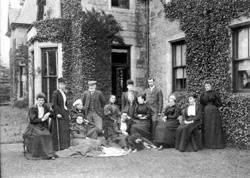
Reference: hw003
A group of visiting relatives ...
|
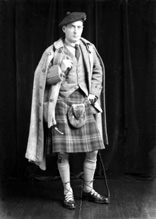
Reference: H-0238
Sir Compton Mackenzie, (1883-1...
|
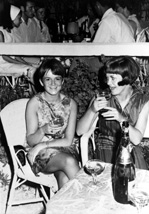
Reference: H-0233
Mr A.M Duffus, Golspie. Copy....
|
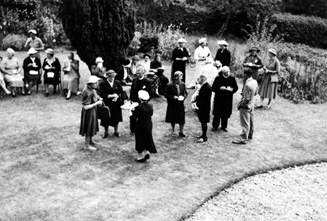
Reference: 47575f
Mrs Gordon, Pitcalzean, Nigg. ...
|
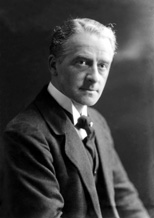
Reference: 24668
Edward Rosslyn Mitchell (1879-...
|
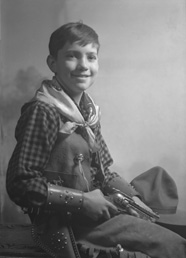
Reference: 42901c
Andrew Chalmers dressed in a c...
|
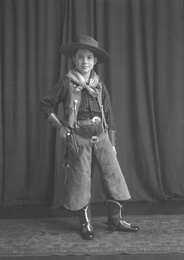
Reference: 42901b
Andrew Chalmers dressed in a c...
|
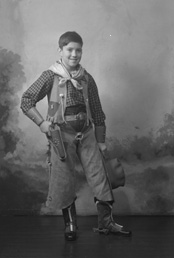
Reference: 42901a
Andrew Chalmers dressed in a c...
|
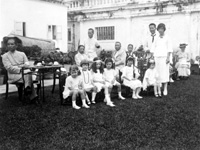
Reference: 673
Sun Yat-sen (far left) with gr...
|
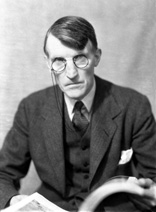
Reference: 29684b
Sir Alexander Malcolm MacEwen,...
|
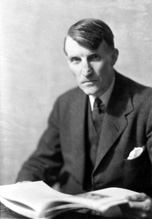
Reference: 29684a
Sir Alexander Malcolm MacEwen,...
|
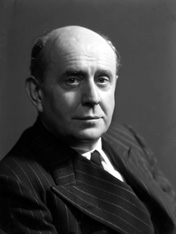
Reference: 37639
His Excellency Jan Masaryk, Vi...
|